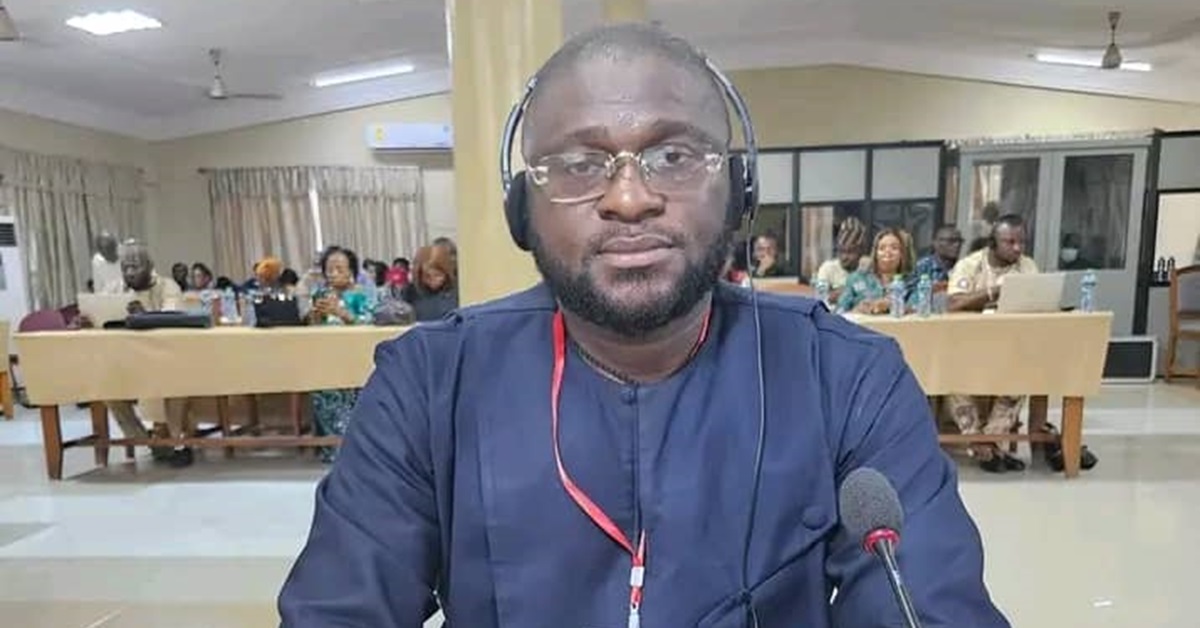In the aftermath of my recent article, the response has been a thought-provoking mix of opinions and comments, shedding light on the pervasive issue of tribalism and regionalism in our country. Many have focused on identifying the root cause of the divisiveness that has profoundly impacted our society.
The prevailing sentiment is that elites have exploited tribal and regional differences to further their interests, perpetuating division for their selfish gains. Additionally, blame has been attributed to specific political parties, such as the SLPP and the APC, with some suggesting that these parties have exacerbated tribal tensions for their political advantage.
Interestingly, an alternative perspective has emerged, asserting that tribalism itself is not the fundamental issue; instead, it is the politicization of tribal identity that is the root cause of division. This viewpoint suggests that outside the political realm, inter-tribal marriages, social clubs, and other forms of cross-tribal interaction are evidence that tribalism does not inherently lead to division. Instead, it is the exploitation of tribal identities for political gain that has fueled the destructive forces of tribalism and regionalism in our society.
In considering potential solutions, some senior citizens have emphasized that amending the constitution may not be the most effective approach. Instead, they advocate for a focus on reforming the judicial system to address the underlying issues that perpetuate tribalism and regionalism. Furthermore, individuals from across the political spectrum have expressed a willingness to take action and have volunteered their support to tackle this pervasive issue.
One particularly compelling suggestion came from Prof Abdallah, who encouraged the organization of a symposium at FBC as a starting point for addressing tribalism and regionalism. This proposal holds promise as a platform for fostering dialogue and formulating concrete strategies to combat the divisive impact of tribal and regional identities.
In reflecting on the nature of tribalism and regionalism, a poignant observation was made by my student and friend, Dukuray, who characterized them as an “enterprise.” Indeed, they are wielded as tools to advantage the weak who cannot compete on equal footing. Whether in political competition, employment opportunities, or personal relationships, tribal and regional affiliations are often exploited to undermine merit and perpetuate inequality.
Tribalism and regionalism have become deeply entrenched, organized forces within our society, distorting its fabric and perpetuating a culture of discrimination and exclusion. These divisive forces have become a perversion of the natural diversity of our society, and they are actively undermining its well-being.
Ultimately, it is crucial to recognize that tribal identity is an intrinsic part of an individual’s identity and should be respected. However, it must not supersede our collective identity as a nation. The coexistence of diverse tribal and regional identities should be celebrated as a source of strength and richness within our national tapestry rather than being manipulated to sow discord and perpetuate inequality.
In conclusion, the challenge is collectively addressing the systemic issues that allow tribalism and regionalism to thrive. By engaging in meaningful dialogue, fostering greater understanding, and implementing reforms that promote equality and meritocracy, we can work towards mitigating the destructive impact of tribalism and regionalism and ultimately build a more united and inclusive society.











